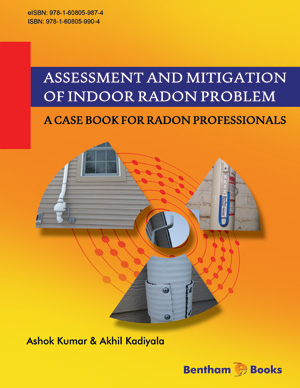Abstract
Presence of micro pollutants and pathogens in water has become a concern
worldwide. Micropollutants such as pharmaceutically active compounds, personal care
products, organic compounds and pathogens/microbes (viral, bacterial and protozoa)
pose a threat to humans. Nanotechnology has proved effective in developing strategies
for the treatment of contaminated water. Nanomaterials have found application in the
removal of different categories of pollutants, from water. The properties such as high
reactivity and effectiveness establish nanomaterials as ideal materials suitable for
treatment of contaminated water/wastewater. Nanomaterials such as carbon nanotubes,
graphene-based composites and metal oxides, have shown potential to remove dyes,
pathogens from wastewater. Research efforts are required to develop an eco-friendly,
economic and sustainable technology for the removal of micropollutants and biological
agents such as microbes using nanomaterials.












